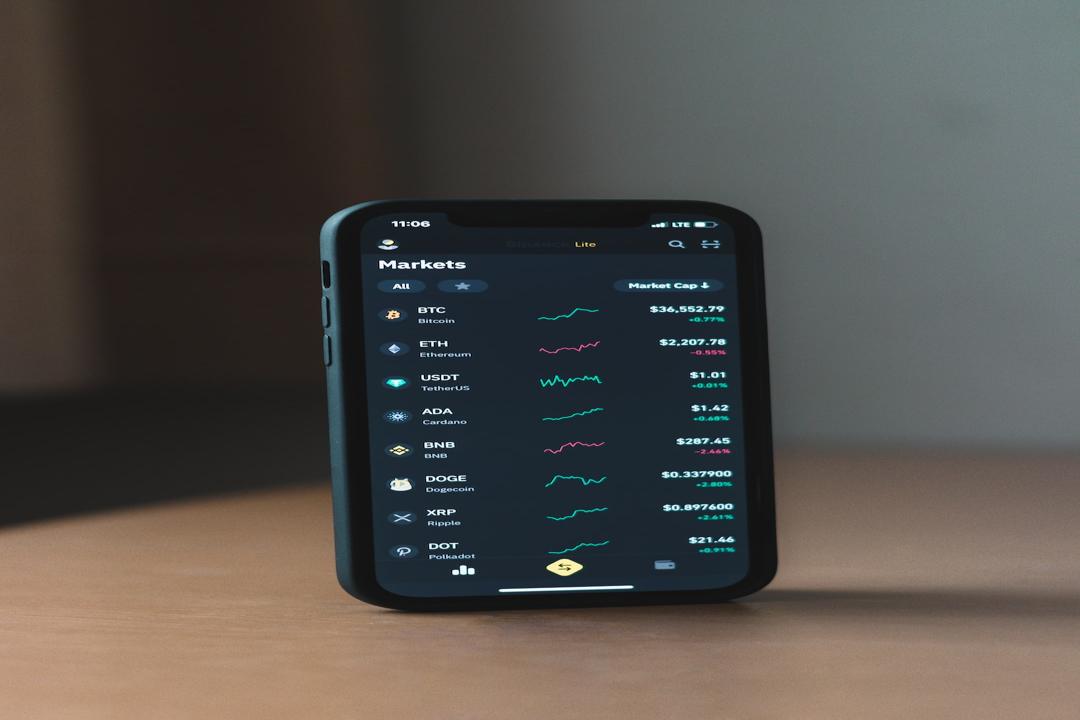Mastercard has released a comprehensive report on remittances in Latin America, highlighting the region’s growing remittance rates, which are outpacing the global average. The report predicts that the increasing mobile phone and internet penetration will drive a shift from cash to digital options in the region.
Currently, one in ten people worldwide resides in a household that receives remittances, amounting to a staggering $831 billion. In Latin America, the average cost of sending remittances is 5.8% of the total amount sent, slightly lower than the global average of 6.3%. However, costs can spike up to 25.5% in the poorest regions, as reported by Mastercard.
Despite the growth in remittance rates, competition is intensifying, leading to a price war at times. The report also highlights World Bank data that reveals over half of the remittances in the region are transmitted through informal channels.
The report identifies various existing remittance options that collectively indicate the emergence of a new reality in global remittances. Currently, Latin America receives 43% of its remittances digitally, compared to the global average of 52%. By 2026, digital remittances in the region are projected to reach a value of $20 billion.
The report also mentions notable collaborations in the remittance sector, such as Circle and SBI Holdings partnering to boost the circulation of USDC in Japan, and MoneyGram and Stellar facilitating remittances using USDC. SBI Remit utilizes Ripple for digital remittances. Ripple is also at the forefront of developing innovative use cases for central bank digital currencies, alongside other limited projects. Luther Maday, Head of Fintech Strategy and Innovation at MoneyGram, is quoted in the report.
Additionally, the Latin American crypto market includes other players such as Binance and Mastercard itself, in partnership with wallet provider Belo. However, the report points out that challenges persist in the crypto field, including issues of trust, regulations, and technological adoption, which hinder the progress of crypto players and other service providers.
The report emphasizes that simply receiving money in an account, card, or wallet is insufficient if recipients cannot make digital payments with the funds. It concludes that all remittance providers need to forge partnerships with diverse players to navigate the evolving landscape successfully.

